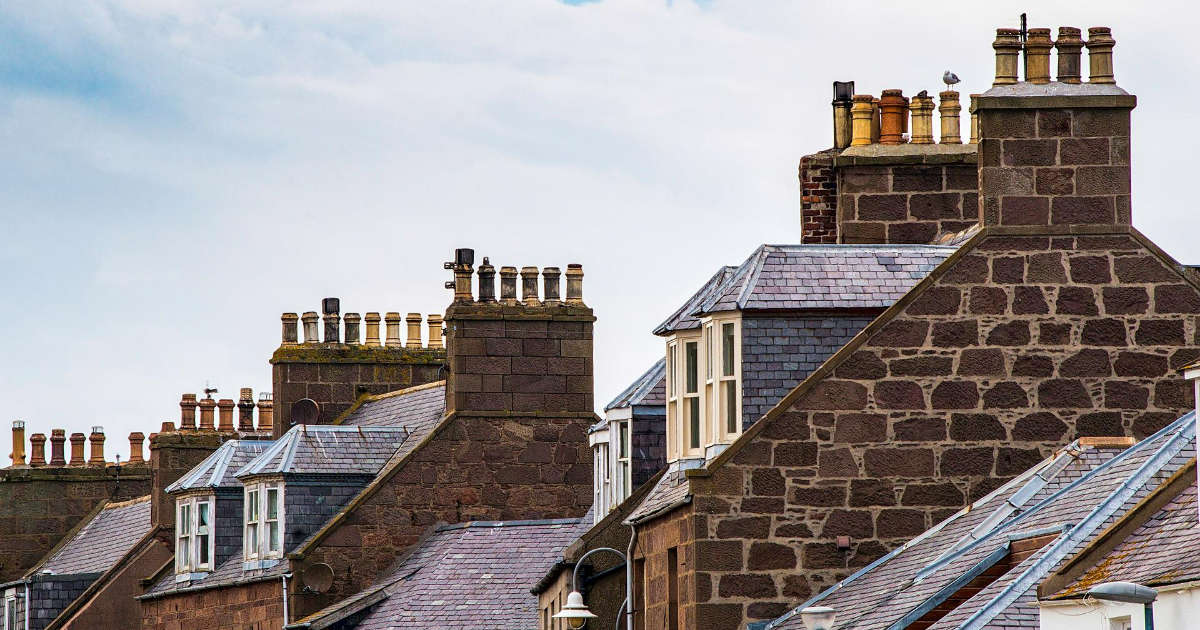
The average price of a house in Scotland has risen above £200,000 for the first time, new figures show.
According to the Halifax house price index the average cost of a home north of the border is now £201,549 – a rise of £18,142 when compared with the same time last year.
Bank of Scotland mortgages director Graham Blair said the typical price of a home in Scotland had increased by almost £3,000 in June alone.
House prince inflation in Scotland rose by 9.9% over the course of the year, according to the figures from the Halifax, which is part of the Bank of Scotland.
The increase in Scotland however was less than the 15.2% and 14.3% rises recorded in Northern Ireland and Wales respectively.
In Wales the average price of a home is now £219,281, with Northern Ireland seeing prices increase to an average of £187,833.
Meanwhile, across the UK as a whole the average price of a home has reached a record £294,845.
Mr Blair said: “Scotland recorded exceptionally strong house price growth during June, with the cost of a typical property rising by almost £3,000.
“That’s pushed the average house price above £200,000 for the first time ever.”
He added: “While such rises are often welcomed by existing home owners, anyone looking to move still faces the challenge of buying into a sellers’ market, while the difficulties facing first-time buyers also become more acute.
“However, when compared to many other parts of the UK, Scotland continues to provide some of the most affordable locations in which to buy a property.”
Speaking about the UK as a whole, Halifax managing director Russell Galley said average prices had risen by 1.8% in June – the biggest monthly rise since early 2007.
He stated: “This means house prices have now risen every month over the last year, and are up by 6.8% or £18,849 in cash terms so far in 2022, pushing the typical UK house price to another record high of £294,845.”
Mr Galley continued: “The supply-demand imbalance continues to be the reason house prices are rising so sharply. Demand is still strong – though activity levels have slowed to be in line with pre-Covid averages – while the stock of available properties for sale remains extremely low.”
He said that property prices “so far appear to have been largely insulated from the cost of living squeeze”, saying this was because rising prices were mainly being felt by lower income households “who are typically less active in buying and selling houses”.
He added: “Of course, the housing market will not remain immune from the challenging economic environment.”
Mr Galley said that over time “increased pressure on household budgets from inflation and higher interest rates should weigh more heavily on the housing market, given the impact this has on affordability”.
He said: “Out latest research found that the strong rise in property prices over the last two years, coupled with much slower wage growth, has already pushed the house price to income ratio up to a record level.
“So while it may come later than previously anticipated, a slowing of house price growth should still be expected in the months ahead.”


 10°C
10°C
 10°C
10°C
 9°C
9°C